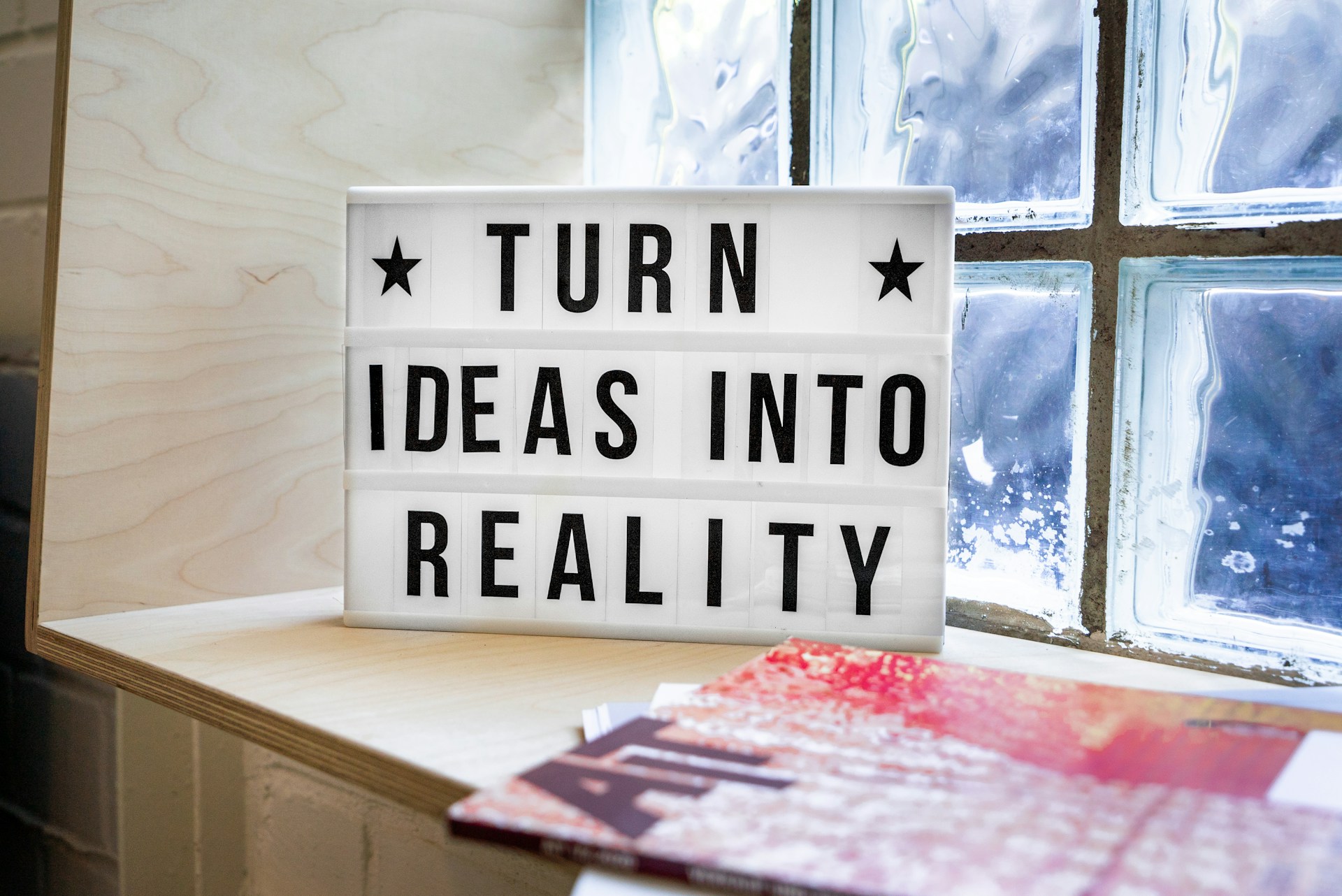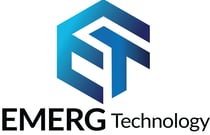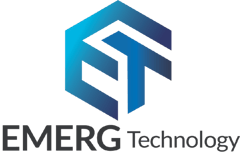New Startup Ideas for 2025: A Glimpse into the Future of Business
Emerg Technology
2/20/20236 min read

New Startup Ideas for 2025: A Glimpse into the Future of Business
The world of business is ever-evolving, and each year brings new opportunities, technologies, and trends that inspire innovative startup ideas. As we step into 2025, the business landscape is ripe for fresh, exciting ventures that address changing consumer behaviors, societal shifts, and technological advancements. Entrepreneurs have the unique opportunity to ride the wave of transformation and create businesses that meet emerging needs and capitalize on futuristic trends.
In this blog, we’ll explore several exciting startup ideas that hold great potential in 2025 and beyond. From sustainability-focused businesses to cutting-edge technologies and consumer-driven services, these ideas offer an opportunity for entrepreneurs to make a significant impact in the world of business.
1. Eco-Friendly Packaging Solutions
As sustainability becomes more important to consumers, businesses are under increasing pressure to reduce their environmental impact. One area where significant improvements can be made is packaging. Plastic waste is a huge environmental problem, and consumers are demanding more eco-friendly packaging solutions.
A startup that specializes in eco-friendly packaging could be a game-changer. The idea could involve producing biodegradable, compostable, or reusable packaging alternatives to plastic. These solutions could be marketed to businesses in industries such as food and beverage, cosmetics, and retail. With growing consumer concern over climate change and plastic pollution, businesses that make the switch to environmentally friendly packaging are likely to see a competitive advantage.
Entrepreneurs could also consider offering a service that helps businesses transition from traditional packaging to sustainable alternatives, offering consultation on material choices, design, and logistics. With the right research and development, eco-friendly packaging startups can leverage cutting-edge materials such as mushroom packaging, seaweed-based materials, and hemp plastics.
2. AI-Driven Health and Wellness Solutions
Artificial intelligence (AI) has been transforming various industries, and the health and wellness sector is no exception. With increasing awareness of mental health, personalized fitness, and preventative healthcare, there is an immense opportunity for AI-driven health and wellness solutions.
A startup in this space could develop AI-powered apps or devices that provide personalized health recommendations. For example, an AI-powered fitness app could analyze users' health data—such as heart rate, sleep patterns, and activity levels—to offer customized workout plans and dietary suggestions. Similarly, an AI-driven mental wellness platform could offer personalized meditation and stress-management techniques based on a user’s emotional state, activity levels, and mood.
Another opportunity lies in AI-powered diagnostics tools. By leveraging AI’s ability to analyze large datasets, entrepreneurs can create apps or devices that help people monitor their health conditions in real time and offer early warnings of potential health risks, such as elevated blood pressure, irregular heartbeats, or sleep apnea.
Given the growing emphasis on both physical and mental well-being, AI-driven health solutions offer a unique opportunity to enter a fast-growing market and make a meaningful difference in people’s lives.
3. Remote Work and Virtual Collaboration Tools
The shift to remote work was already in progress, but the COVID-19 pandemic accelerated this trend. As of 2025, remote and hybrid work models are likely to remain the norm in many industries. This shift has created a demand for innovative tools that facilitate seamless virtual collaboration, communication, and productivity.
A startup in this space could create a next-generation collaboration platform that integrates video conferencing, task management, file sharing, and team communication all in one. The goal would be to enhance the remote work experience by offering a more streamlined, intuitive, and immersive platform. Additionally, virtual whiteboards, brainstorming tools, and real-time project tracking systems could further enhance the creative and collaborative process for remote teams.
Another promising idea is the development of virtual office spaces using augmented reality (AR) or virtual reality (VR). These immersive environments could replicate the feeling of being in an office while still allowing employees to work remotely. Through VR, remote workers could attend virtual meetings, interact with coworkers, and even participate in virtual networking events, all from the comfort of their homes.
Startups focused on improving remote work infrastructure will continue to be in high demand as the world embraces new ways of working.
4. Urban Farming and Vertical Agriculture
With the world’s population growing and urbanization continuing, finding sustainable solutions to feed the planet is becoming more urgent. Traditional farming methods are facing challenges, including the depletion of arable land, water shortages, and environmental degradation. Urban farming, particularly vertical farming, offers a promising solution to these challenges.
A startup in this space could focus on urban farming initiatives, such as growing produce in vertical farms, hydroponic systems, or rooftop gardens. These farming methods use significantly less water and space compared to traditional farming and can be implemented in urban areas, bringing fresh, local produce to city dwellers.
The key advantage of urban farming is its ability to reduce the carbon footprint of food production by eliminating the need for long-distance transportation. Additionally, vertical farming can grow crops indoors, allowing for year-round harvests and reducing dependence on seasonal weather conditions.
A business could also create specialized products like vertical garden kits for consumers, indoor hydroponic systems, or urban farming consultation services for businesses looking to implement sustainable farming practices.
5. Personalized Shopping and Fashion Tech
The retail and fashion industries are undergoing a dramatic transformation, driven by advancements in technology, changing consumer preferences, and the desire for personalized shopping experiences. In 2025, personalized shopping will be the norm, and businesses that offer tailored experiences will have a significant edge over their competitors.
A startup could create a platform that uses AI and machine learning to provide personalized shopping recommendations based on a user’s preferences, purchase history, and even mood. By analyzing data from online shopping behavior and leveraging algorithms, the platform can suggest products that are most likely to appeal to individual customers, thereby improving conversion rates and customer satisfaction.
Another opportunity lies in the integration of augmented reality (AR) into the fashion industry. A startup could develop an AR-powered app that allows customers to virtually try on clothes and accessories, helping them visualize how products will look on their bodies before making a purchase. This technology could also be integrated into physical retail stores to enhance the in-store shopping experience.
Fashion tech startups could also explore the development of sustainable fashion solutions, such as creating clothing from recycled materials or offering clothing rental services for special occasions to reduce waste and encourage more sustainable consumption patterns.
6. Blockchain-Based Supply Chain Solutions
Blockchain technology has gained significant traction in recent years, and its potential to revolutionize various industries is becoming more apparent. One area where blockchain can create a major impact is in supply chain management. A startup could develop blockchain-based solutions that increase transparency, traceability, and efficiency in supply chains.
By using blockchain to track the movement of goods from manufacturer to consumer, businesses can provide customers with a clear view of where products are sourced, how they are produced, and whether they meet ethical and environmental standards. This can build trust with consumers, who are increasingly concerned about the origin of the products they buy.
Moreover, blockchain can help reduce fraud, streamline inventory management, and improve payment processing by providing a secure and immutable ledger of transactions. Startups that offer blockchain-based solutions for supply chain transparency and efficiency will be well-positioned to meet the growing demand for more accountable and sustainable business practices.
7. Electric Vehicle (EV) Charging Infrastructure
As electric vehicles (EVs) continue to gain popularity, there is a pressing need for an expanded charging infrastructure. A startup could focus on building and operating EV charging stations, offering convenient charging solutions in urban centers, along highways, and in residential areas. This would involve creating a network of fast-charging stations that can support the growing number of electric vehicles on the road.
Another opportunity is the development of EV charging solutions for businesses. With more companies transitioning to electric vehicle fleets, there is a demand for tailored charging infrastructure solutions that meet the needs of businesses with multiple EVs. A startup could offer consulting, installation, and maintenance services for businesses looking to set up EV charging stations on their premises.
With governments and corporations prioritizing sustainability, startups in the EV charging infrastructure space are poised for success in the coming years.
8. Mental Health and Wellbeing Platforms
Mental health awareness has gained significant traction over the past few years, and as we approach 2025, there is an even greater emphasis on providing accessible and effective mental health support. A startup focused on mental health and wellness could develop platforms or apps that provide virtual therapy, counseling, and mindfulness resources to individuals in need.
These platforms could offer a variety of services, including one-on-one virtual therapy sessions with licensed professionals, self-help tools, stress-management exercises, and community support groups. Additionally, AI and machine learning could be used to offer personalized mental health recommendations and content based on individual needs and preferences.
As mental health becomes an even more important part of people’s overall well-being, startups that focus on providing accessible and affordable mental health solutions will see great demand.
Conclusion
2025 is an exciting year for entrepreneurs, with numerous opportunities across a variety of sectors. From sustainability-focused businesses to innovative technological solutions and consumer-driven services, there is no shortage of ideas that can shape the future of business. By staying ahead of emerging trends, identifying gaps in the market, and addressing the evolving needs of consumers, entrepreneurs can create startups that have a lasting impact and thrive in the years to come.
For those with the vision, determination, and creativity to pursue these ideas, 2025 offers a wealth of opportunities to build successful, forward-thinking businesses that resonate with today’s consumers and tomorrow’s market.
Contact us
Whether you have a request, a query, or want to work with us, use the form below to get in touch with our team.


Location
RZ Puran Nagar, Opp. Palam Metro Station, Delhi 110045
Hours
Monday to Friday 10AM to 6PM
Contacts
+91-8810442581
help@emergtechnology.com


